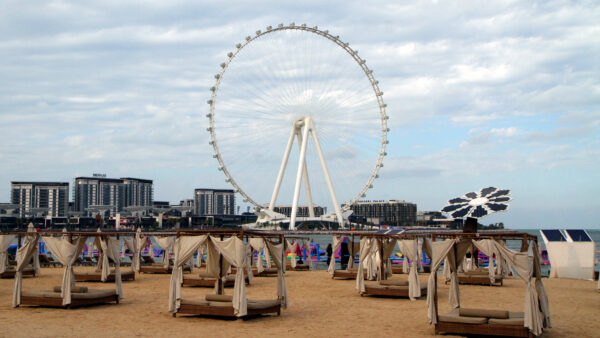Accusing MPs of ignoring “significant evidence” in their investigation into the collapse of Carillion, the company’s former chief executive has hit back, laying partial blame for its failure on the UK government for withholding payments owed.
Richard Howson (pictured), who was sacked as chief executive in July last year after the company revealed liabilities on contracts amounting to £845m, said Carillion was “constantly chasing” government clients for payment.
Carillion was also left out of pocket on a prisons facilities management (FM) contract in the south of England when the government “completely underestimated” the size of the prisons estate – by 60%, Howson said – leaving the company to bear the extra cost of services without recompense.
The company, half of whose UK revenues derived from public sector building or FM work, could not pursue pay claims through litigation against the government because the government “threatened to strike out the company as a contender for future work” if it did, Howson said.
Howson made the claims in a long letter to the MPs’ joint select committee, published today, in response to an invitation from the committee to comment on its findings.
Although Howson referred to “significant” and “large” amounts of money owed by government, he did not attach a figure or quantify the role that the missing cash played in Carillion’s demise.
Howson said he advised MPs during their inquiry to ask former finance chief Emma Mercer for the amounts in question, but that MPs made no mention of the issue.
On 15 January this year Carillion was forced into liquidation with just £29m in the bank, owing £2.6bn to its pensions fund and with overall liabilities of approximately £7bn.
“Carillion in my time was constantly chasing up its Government and public sector customers to agree such additional amounts,” Howson wrote, “despite the fact that such amounts had arisen because those customers had failed to adequately understand the size of their estate and had failed to administer the contract between the customer and Carillion in a fair and timely manner.”
Howson also suggested that Carillion’s management failed to chase payment from customers in the months before the collapse, noting that four out of five “experienced Divisional Managing Directors were removed from their roles”.
“I have had numerous concerns raised with me, from those there to the end, that amounts owed were not pursued by senior and executive management,” he wrote.
The letter drew a withering response from Rachel Reeves MP, co-chair of the joint select committee.
“Carillion’s collapse was a corporate disaster and the architects of its failure were the company’s directors,” she said.
“As a PR exercise they weakly told the Committee that they took responsibility for the company’s collapse but sought to blame everyone but themselves. Now, when given another opportunity to face up to the responsibilities for which they were so well remunerated, they again wriggle out of accepting culpability.”
Howson was the only former executive to comment in response to the MPs’ invitation; others, such as non-executive chairman Philip Green and former interim chief executive Keith Cochrane, stated they disagreed with MPs’ conclusions but deferred further comment, citing other ongoing investigations.
Image: Richard Howson, when chief executive of Carillion (Carillion)
Comments
Comments are closed.







This is new they must be scraping the bottom of the barrel to escape